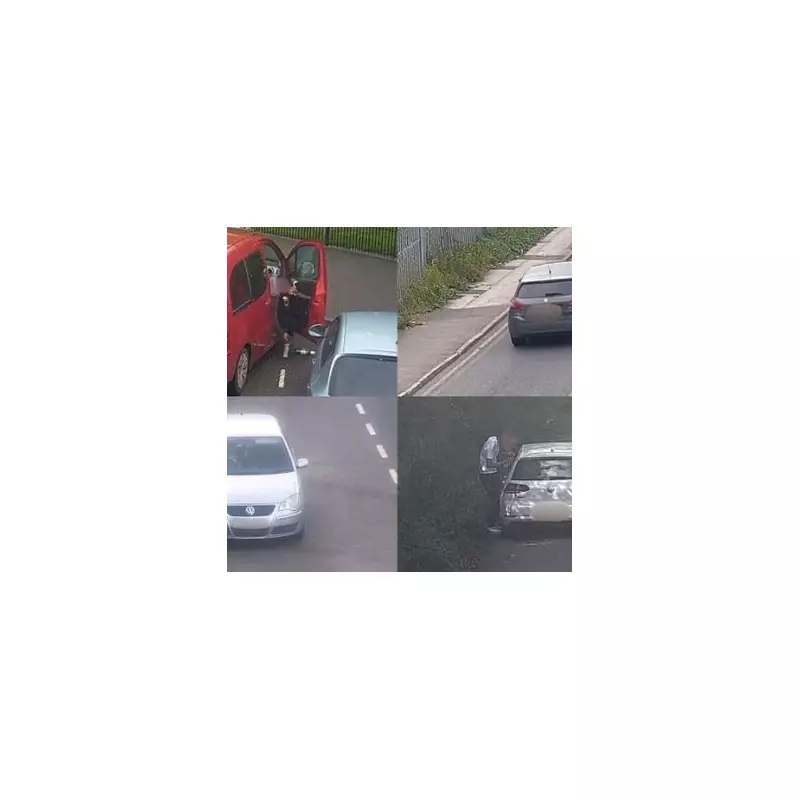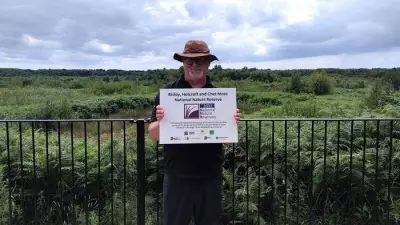
Birmingham City Council has launched a major offensive against fly-tippers, introducing immediate £300 fixed penalty notices for anyone caught illegally dumping waste across the city.
The hardline approach comes as the council aims to tackle what they describe as an "environmental crime" that blights communities and costs taxpayers thousands in cleanup operations.
Zero Tolerance Approach
Under the new regime, enforcement officers will now have the power to issue on-the-spot fines of £300 to individuals and businesses caught in the act of fly-tipping. This represents a significant strengthening of the council's enforcement capabilities against what has become a persistent problem in many Birmingham neighbourhoods.
The council has made it clear that there will be no warnings or second chances for offenders. The immediate financial penalty is designed to act as both punishment and deterrent for those considering illegal waste disposal.
Surveillance and Hotspot Targeting
As part of the comprehensive strategy, the council is deploying additional surveillance measures in known fly-tipping hotspots. This includes increased patrols by enforcement officers and the strategic use of CCTV cameras in areas most affected by illegal dumping.
Residents are being encouraged to report incidents of fly-tipping through official channels, with the council promising rapid response to legitimate reports. The community involvement aspect is considered crucial to the success of the initiative.
Proper Waste Disposal Alternatives
Council officials emphasise that legitimate waste disposal options remain readily available to all residents. The city's household recycling centres continue to operate with extended hours, and bulky waste collection services can be booked for larger items.
The message from the council is clear: there is no excuse for fly-tipping when multiple legal disposal methods are easily accessible to every Birmingham resident.
This crackdown forms part of the council's broader commitment to keeping Birmingham's streets clean and holding environmental offenders accountable for their actions.





